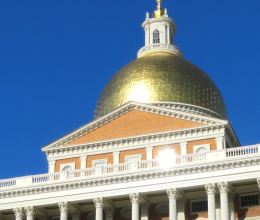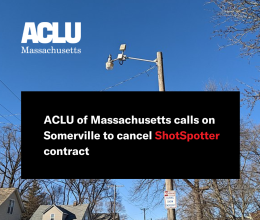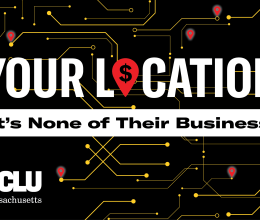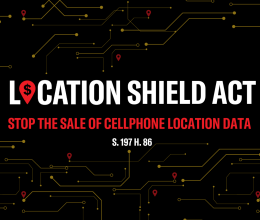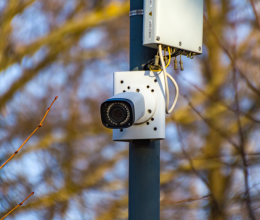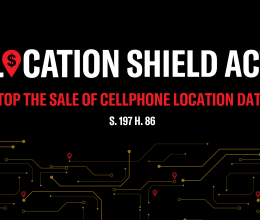
Amazon today announced it will indefinitely extend its moratorium on sales of face recognition technology to law enforcement. In June 2020, amidst nationwide protests against police violence, Amazon announced a one-year pause on its sale of the technology to police.
Kade Crockford, Technology for Liberty program director at the ACLU of Massachusetts, today released the following statement in response:
“The threats posed last year by police use of face recognition technology are identical today. Face recognition technology fuels discriminatory policing of Black and Brown communities, and has already led to the false arrests and wrongful incarcerations of multiple Black men. We are glad that Amazon will extend its moratorium on law enforcement use of the company’s face recognition technology, but policymakers must do more to further protect communities from the dangers of this technology. Here in Massachusetts, lawmakers took a first step toward reining in dystopian face recognition technology—but the work continues to enact strong law to protect racial justice and civil rights in the digital age. We look forward to continued collaboration with our coalition partners and with the Massachusetts legislature to enact the strong protections our state needs to protect all people from this dangerous, biased technology.”
Background:
Amazon’s one-year moratorium on sales to police was set to expire on June 10, 2021. Last year’s announcement followed over two years of ACLU advocacy; in 2018, the ACLU and nearly 100 civil rights, religious, community-based, and labor organizations called on Amazon to stop selling its face recognition technology to government agencies. The next year, the coalition also called Microsoft and Google to stop providing the technology to governments.
The ACLU is leading a nationwide movement to defend privacy rights and civil liberties against the threat of face recognition surveillance. In 2019, the ACLU of Massachusetts launched “Press Pause on Face Surveillance” to build awareness about the civil liberties concerns posed by face surveillance and the need to bring government use of the technology under democratic control. In June 2020, the Boston City Council voted unanimously to ban the use of face surveillance by the municipal government, making Boston the second largest city in the country to enact such a ban. Boston is among seven Massachusetts communities to adopt model ACLU legislation banning the government’s use of face recognition.
In 2020, the Massachusetts legislature enacted historic regulations for police use of face recognition technology. Unfortunately, Governor Baker struck those provisions entirely with a misguided amendment. Ultimately, the governor signed much weaker language, which became Section 220 of Chapter 6 of the General Laws. Current law does not sufficiently protect racial justice, privacy, due process, or civil liberties. The ACLU backs a new proposal, introduced by Senator Cynthia Creem and Representatives Dave Rogers and Orlando Ramos, that would further protect millions of people from this intrusive, racially-biased technology. The new bill would prohibit government agencies from using face surveillance to track or monitor the general public in places like schools, libraries, parks, and municipal buildings; require law enforcement to obtain a regular probable cause warrant before conducting a face recognition search, except in emergency situations; and establish due process protections for people who are identified using face recognition.
